Debating Wind Power Cost Estimates – 1
On the Morning of October 15 the Institute for Energy Research in Washington DC released a report I’d written about wind power cost estimates sponsored by the federal government. (Links available here.) Later that day the Michael Goggin of the American Wind Energy Association, the lobbying organization in Washington DC that represents the wind energy

